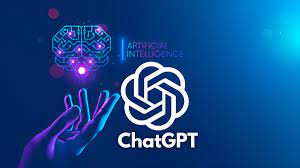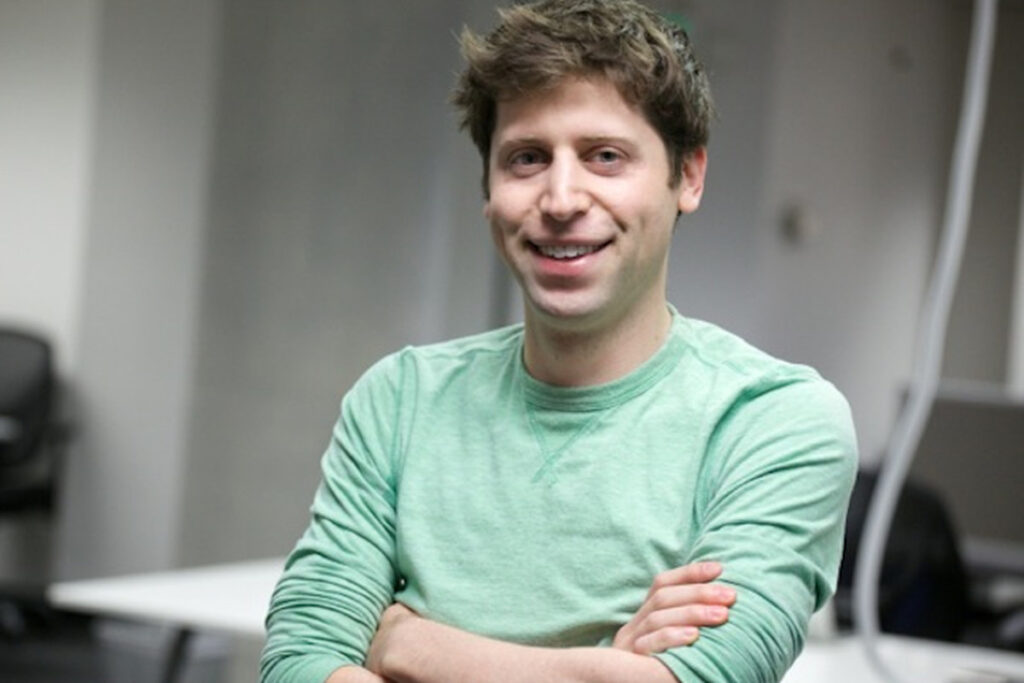As artificial intelligence (AI) continues to evolve at an unprecedented pace, the impact of this revolutionary technology is being felt in virtually every sector of the global economy. From healthcare and finance to transportation and manufacturing, AI is transforming the way businesses operate, opening up new opportunities for innovation and growth.
But what about the job market? With AI making significant strides in natural language processing (NLP) and machine learning, what does the future hold for human workers? In this article, we’ll explore how ChatGPT, an advanced AI language model, is set to transform the future of work and reshape the job market in ways never seen before.
The Rise of AI in the Job Market: An Overview
Artificial intelligence is already playing a significant role in the job market. From chatbots and virtual assistants to automated customer service and data analysis, AI is transforming the way we work. According to a recent report by McKinsey, up to 800 million jobs could be displaced by automation by 2030. However, this same report also predicts that automation will create 555 million new jobs, resulting in a net gain of 75 million jobs worldwide.
While there is no doubt that AI will bring both opportunities and challenges to the job market, it’s clear that AI technology is here to stay. The key question is how will AI technology evolve and what role will it play in shaping the future of work?
What is ChatGPT?
ChatGPT is an AI language model developed by OpenAI. It is capable of generating human-like responses to text-based queries, making it ideal for a range of applications, from chatbots and virtual assistants to content creation and translation.
Unlike traditional chatbots that are programmed with a fixed set of responses, ChatGPT uses machine learning algorithms to analyze vast amounts of text data and learn how to generate more natural and contextually relevant responses. This means that ChatGPT can engage in more sophisticated and personalized conversations, making it an ideal tool for customer service and other applications.
Check Also: How to Fix Chat GPT Not Responding Issue: A Comprehensive Guide
The Impact of ChatGPT on the Job Market
The impact of ChatGPT on the job market is likely to be significant. As more businesses adopt ChatGPT and other AI language models, the demand for human workers in certain areas is likely to decline. For example, customer service representatives and content creators may be replaced by ChatGPT-powered chatbots and virtual assistants.
However, it’s important to note that ChatGPT will also create new opportunities for workers. For example, ChatGPT can be used to automate tasks such as data entry and analysis, freeing up workers to focus on more complex and creative tasks. In addition, ChatGPT can be used to create personalized content and recommendations, opening up new opportunities for marketers and content creators.
ChatGPT and the Future of Work: Opportunities and Challenges
As ChatGPT and other AI language models continue to evolve, they will create both opportunities and challenges for workers. Here are some of the key opportunities and challenges to keep in mind:
Opportunities:
- The ability to automate repetitive tasks and focus on more complex and creative work.
- The potential to improve customer service by providing more personalized and engaging interactions.
- The ability to generate high-quality content and recommendations for marketing and content creation.
- The potential to unlock new insights and discoveries in fields such as healthcare and scientific research.
Challenges:
- The potential for job displacement in certain industries, particularly those that rely heavily on customer service or content creation.
- The need for workers to upskill and adapt to new technologies and workflows.
- The potential for bias or ethical issues in AI-generated content or decision-making.
How Can Workers Prepare for the AI Revolution?
As AI technology continues to evolve, it’s important for workers to prepare for the changes that are likely to come. Here are some key strategies that workers can use to prepare for the AI revolution:
- Develop New Skills: As AI technology becomes more prevalent in the job market, workers will need to develop new skills to stay competitive. Some of the most in-demand skills include data analysis, programming, and digital marketing.
- Stay Up-to-Date: AI technology is evolving rapidly, so it’s important to stay up-to-date on the latest trends and developments. This can include attending industry conferences and workshops, taking online courses, and reading industry publications.
- Embrace Change: The AI revolution will bring significant changes to the job market, and workers will need to be willing to adapt to new technologies and workflows. This may involve learning new tools or software, or adjusting to new roles and responsibilities.
- Focus on Soft Skills: While AI technology can automate many tasks, it cannot replace the value of human interaction and empathy. Workers should focus on developing soft skills such as communication, teamwork, and problem-solving, which will remain essential in the AI-powered job market.
FAQs:
While AI is likely to automate many tasks, it is unlikely to replace all human jobs. In fact, AI is expected to create new job opportunities in areas such as data analysis, programming, and digital marketing.
While there is a potential for AI-generated content to be used to create fake news, the technology can also be used to fact-check and verify information. It will be up to content creators and journalists to use AI technology responsibly and ethically.
Industries that rely heavily on customer service, content creation, and repetitive tasks are likely to be most affected by the AI revolution. However, AI technology will also create new opportunities in areas such as healthcare, scientific research, and engineering.
Conclusion:
The rise of AI technology, and specifically ChatGPT, is set to revolutionize the job market in ways never seen before. While there are concerns about job displacement and ethical issues, the AI revolution also presents new opportunities for workers to develop new skills and work in new fields. By staying up-to-date on the latest developments and embracing change, workers can prepare for the AI revolution and thrive in the AI-powered job market of the future.
Read Also: ChatGPT and NLP: The Future of Natural Language Processing



